Specimens of Greek Tragedy
Specimens of Greek Tragedy
Book Excerpt
not in date. He belongs to a full-blown
democracy, and is evidently the dramatic poet of the people. To please
the people he lays dignity and stateliness aside, brings heroic
characters down to a common level, and introduces characters which are
unheroic. He gives the people plenty of passion, especially of
feminine passion, without being nice as to its sources, or rejecting
such stories as those of Phaedra and Medea, which would have been
alien to the taste, not only of Aeschylus, but of Sophocles. He gives
them plenty of politics, plenty of rhetoric, plenty of discussion,
political and moral, plenty of speculation, which in those days was
novel, now and then a little scepticism. His "Alcestis" is melodrama
verging on sentimental comedy, and heralding the sentimental comedy of
Menander known to us in the versions of Terence. The chord of pathos
he can touch well. His degradation, as the old school thought it, of
the drama of Aeschylus and Sophocles, and what they deemed his
pandering to vulgar taste, brought upon him the bitter satire of
Aristophanes. Yet he did not win many prizes. Perhaps the vast theatre
and the grand choric accompaniments harmonised ill with his unheroic
style. He is clearly connected with the Sophists, and with the
generation the morality of which had been unsettled by the violence of
faction and the fury of the Peloponnesian war. Still there is no
reason for saying that he preached moral scepticism or impiety.
Probably he did not intend to preach anything, but to please his
popular audience and to win the prize. The line quoted against him,
"My lips have sworn, but my mind is unsworn," read in its place, has
nothing in it immoral. Perhaps he had his moods: he was religious when
he wrote "The Bacchae." As little ground is there for dubbing him a
woman-hater. If he has his Phaedra and Medea, he has also his Alcestis
and Electra. He seems to have prided himself on his choric odes. Some
of them have beauty in themselves, but they are little relevant to the
play.
A full and critical account
Editor's choice
(view all)Popular books in Criticism
Readers reviews
0.0
LoginSign up
Be the first to review this book
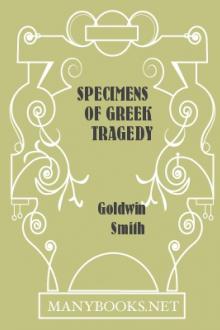
 Free Download
Free Download











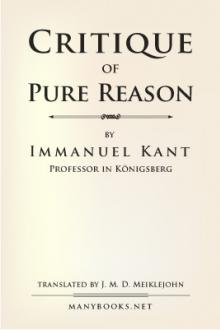
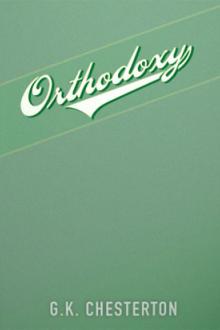
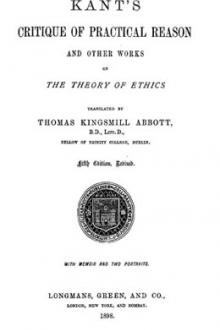

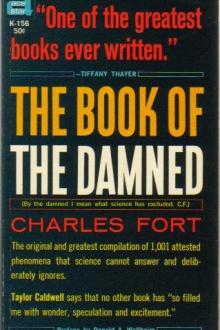
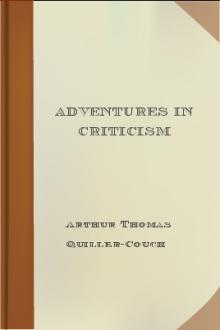
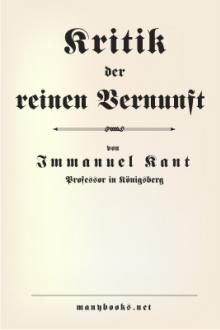
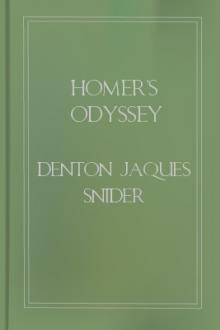
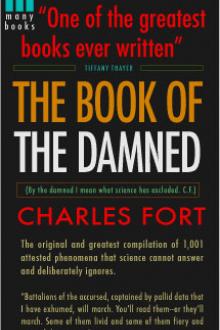
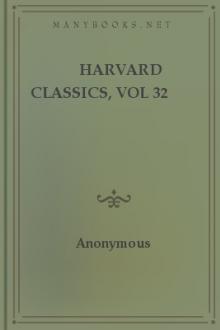
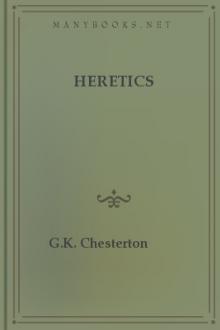
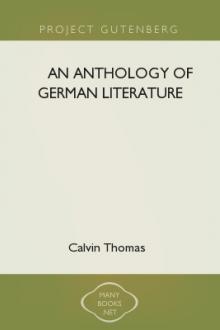
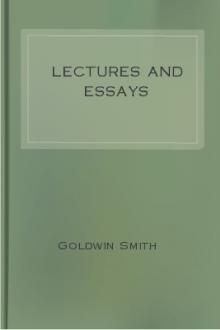
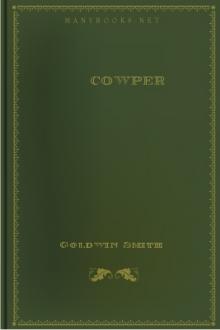
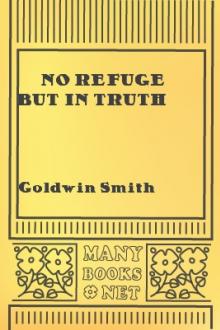
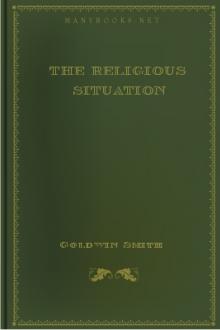


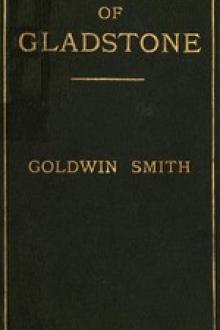
-itok=vcKIB5v1.jpg)
